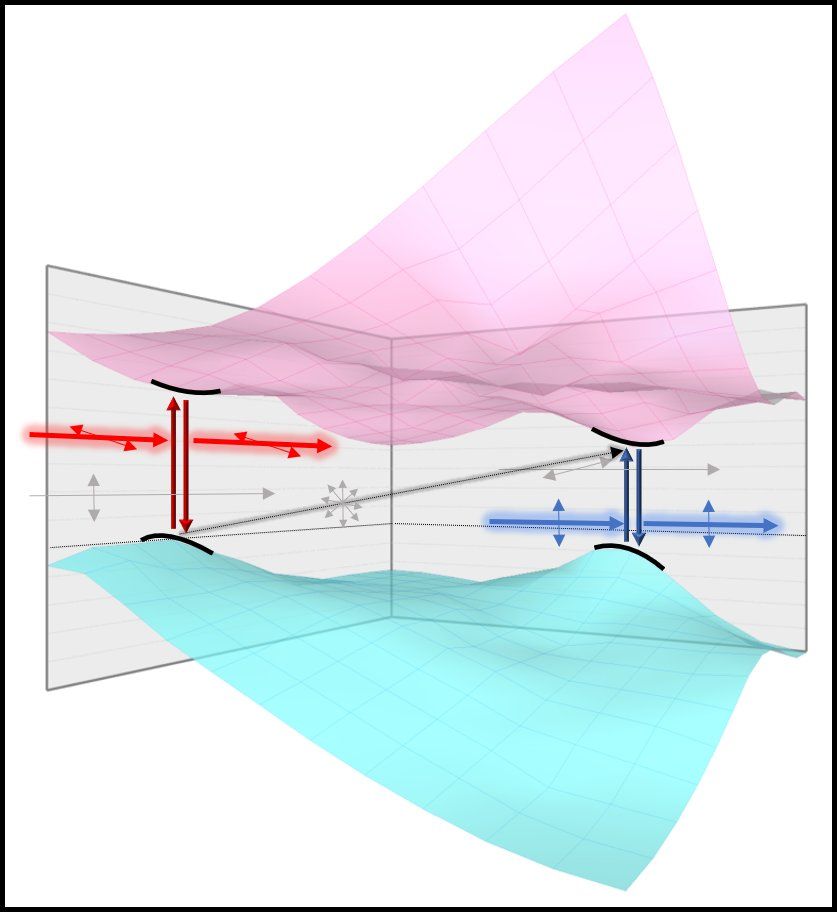Research appearing today in Nature Communications finds useful new information-handling potential in samples of tin(II) sulfide (SnS), a candidate “valleytronics” transistor material that might one day enable chipmakers to pack more computing power onto microchips.
The research was led by Jie Yao of the Department of Energy’s Lawrence Berkeley National Laboratory (Berkeley Lab) and Shuren Lin of UC Berkeley’s Department of Materials Science and Engineering and included scientists from Singapore and China. Berkeley Lab’s Molecular Foundry, a DOE Office of Science user facility, contributed to the work.
For several decades, improvements in conventional transistor materials have been sufficient to sustain Moore’s Law — the historical pattern of microchip manufacturers packing more transistors (and thus more information storage and handling capacity) into a given volume of silicon. Today, however, chipmakers are concerned that they might soon reach the fundamental limits of conventional materials. If they can’t continue to pack more transistors into smaller spaces, they worry that Moore’s Law would break down, preventing future circuits from becoming smaller and more powerful than their predecessors.
